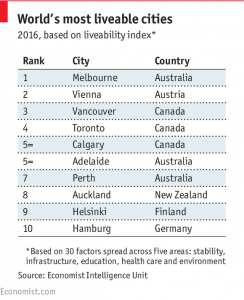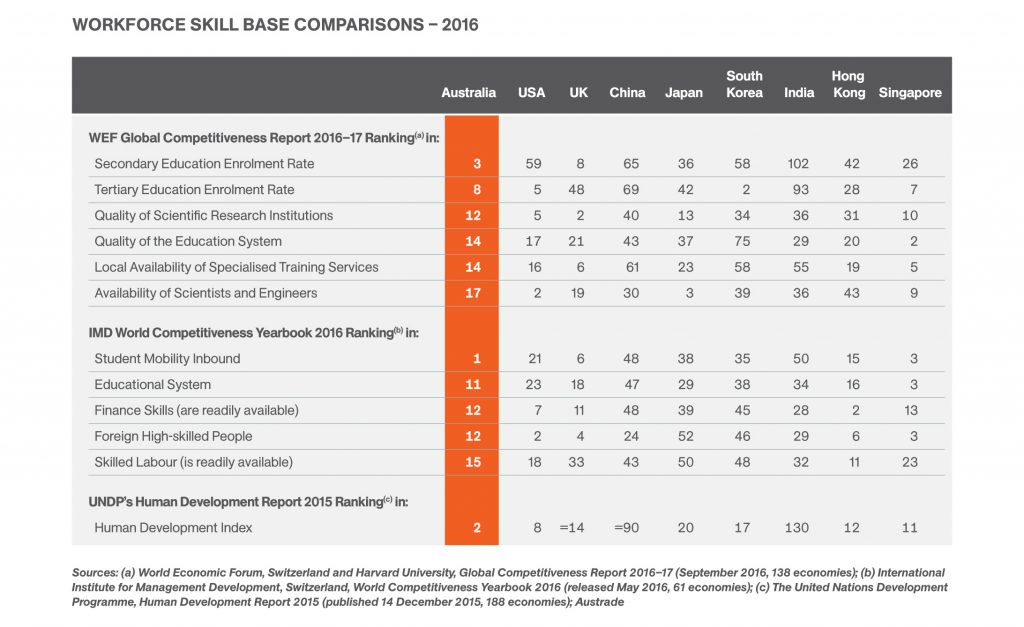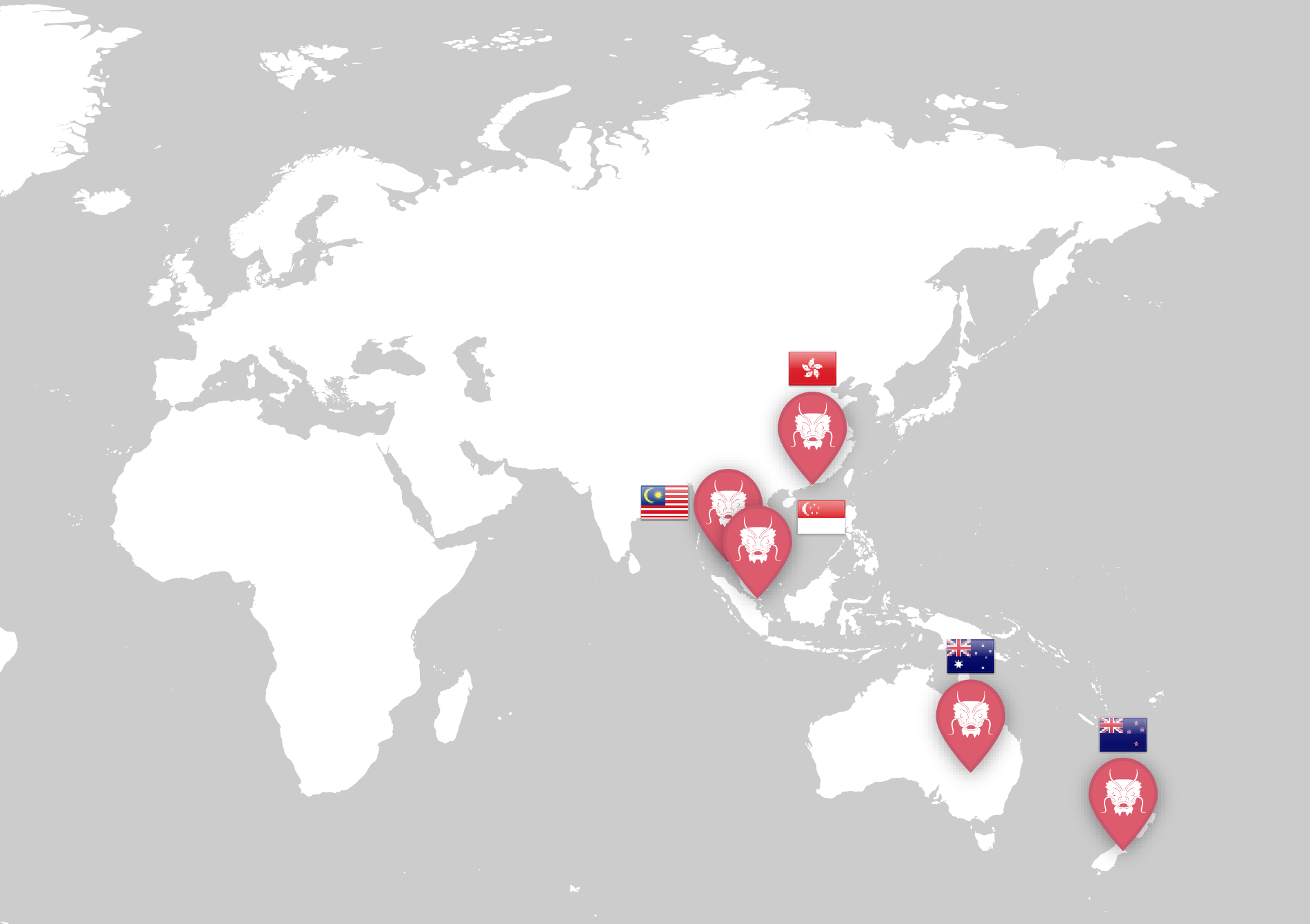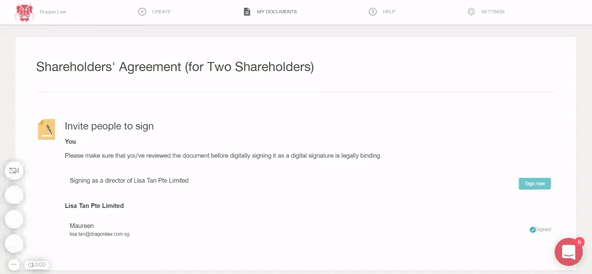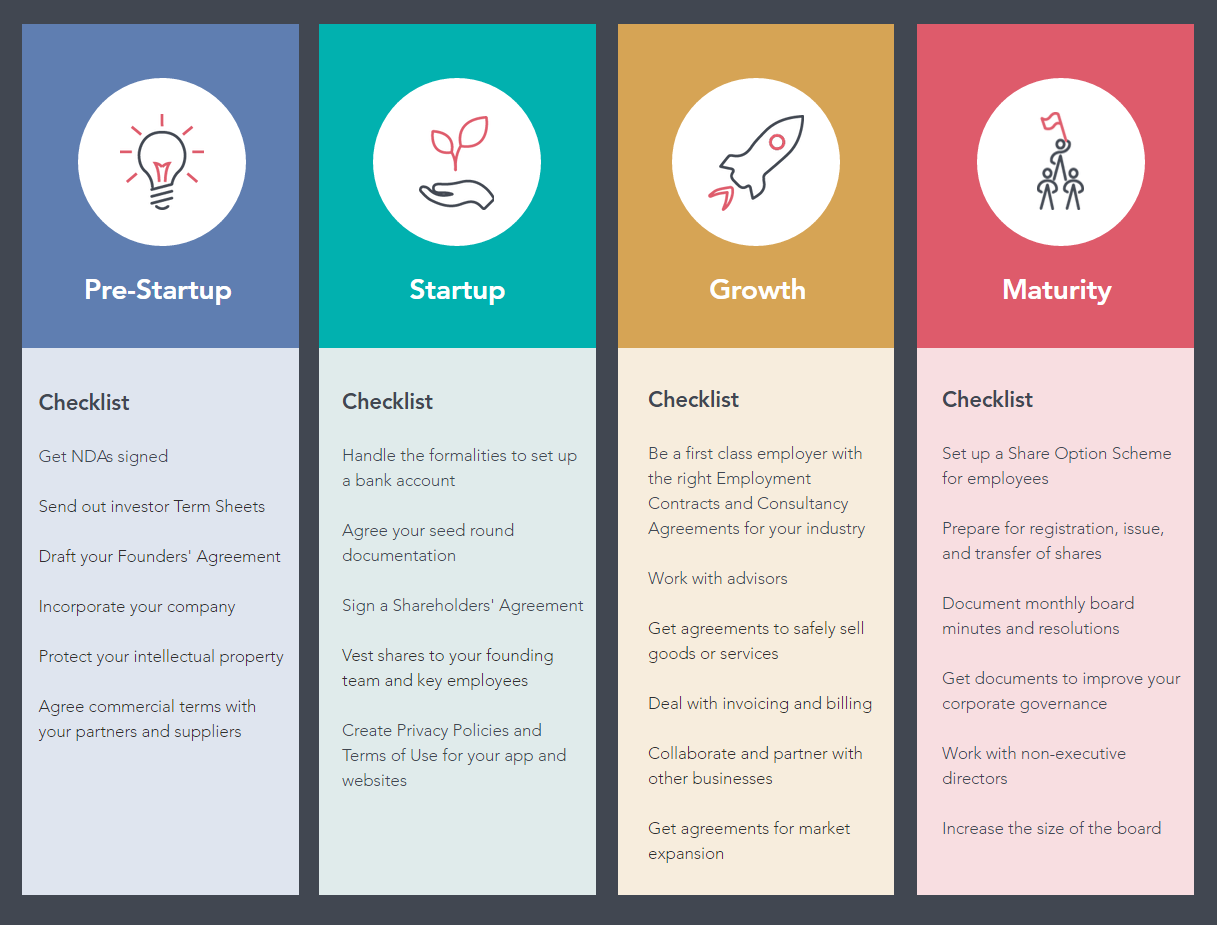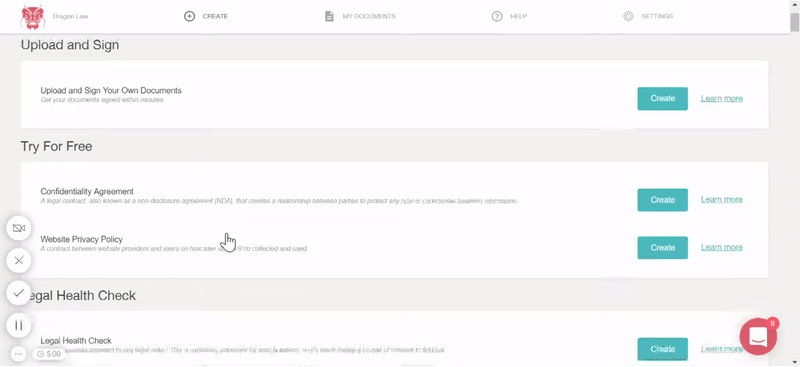Defamation Laws in Australia – The Proposed Changes
2020 marks a year of significant changes to Australia’s defamation laws. These laws haven’t been reformed for 15 years and haven’t had serious modifications since the invention of the internet.
What is defamation?
The Defamation Act of 2005 got rid of the distinction between libel and slander. Now both are referred to as defamation.
Defamation law applies to communication in all forms. This includes a conversation held in person, email communication, online publication, a Facebook status update, as well as newspaper and magazine publication, among others.
Defamation laws seek to find a fair balance between reputation and freedom of speech.
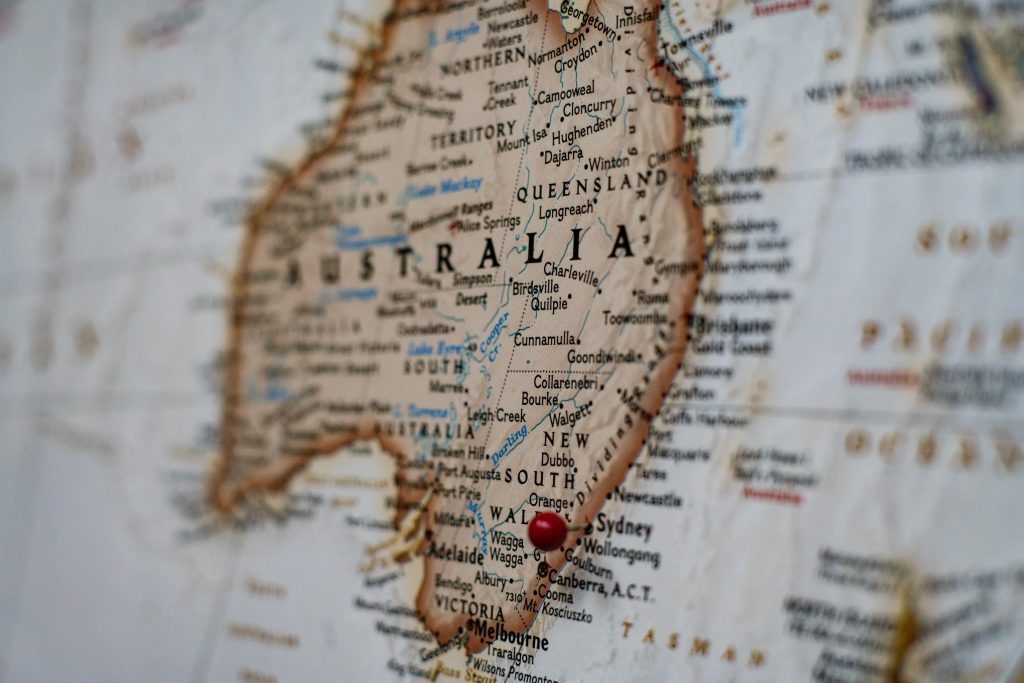
Current Libel Laws
Australia has been dubbed the “defamation capital of the world”. With well under half the population of the UK, New South Wales has double the number of libel cases.
In the past year, there have also been a large number of high profile defamation suits with enormous payouts. One by the actor Rebel Wilson, which saw her win a record payout of $4.7 million from Woman’s Day. Another saw actor Geoffrey Rush win $2.9 million from The Daily Telegraph.
The Problem
With no legislation specifically for defamation on the internet, the laws aren’t keeping up with the advancements in technology. Currently, every time something considered defamatory is downloaded off the internet it can be brought before the court multiple times. The last changes to Australian defamation laws were made in 2005 when things like Facebook were still in their infancy.
Many current cases are now based on defamatory social media posts. Many of the cases in court are now between individuals, instead of media outlets.
Currently the principal award in a defamation suit is for damages, which is problematic in itself. Many people who have been defamed would consider the costs and embarrassment of suing as undesirable. Alternative remedies should be proposed like retractions an declarations of falsity as well as take-down orders rather than only monetary remedies.
The principal problem is how to ensure free speech is maintained without the devastating effects defamation can unfairly have on reputation. The balance between supporting responsible journalism in a time of fake news and online trolling is not going to be an easy one to address. Ensuring that trivial cases are not the ones consuming the courts time is another enormous issue.

What could change?
There are many other countries looking to make appropriate changes for the age of the internet. Canada, Scotland,and Ireland are a few that are examining their respective defamation laws.
The biggest changes should naturally be for online news articles. Currently, any time an article is viewed it is considered a new publication. This means publishers have indefinite liability each time an article is clicked. Introducing a once-only defamation rule for pieces published online makes sense and will enforce a stricter time limit on internet content.
A new public interest defence is built on a model from New Zealand of “responsible communication in the public interest”, which protects certain communications by requiring the wronged party to first prove that the matter is of public interest. It’s a defence similar to qualified privilege.
A threshold of serious harm is another proposed reform borrowed from UK laws that states that a person can’t sue unless they have actually suffered serious harm.
Changes to the cap on damages is another proposed change.
This article does not constitute legal advice.
The opinions expressed in the column above represent the author’s own.
Start managing your legal needs with Zegal today







